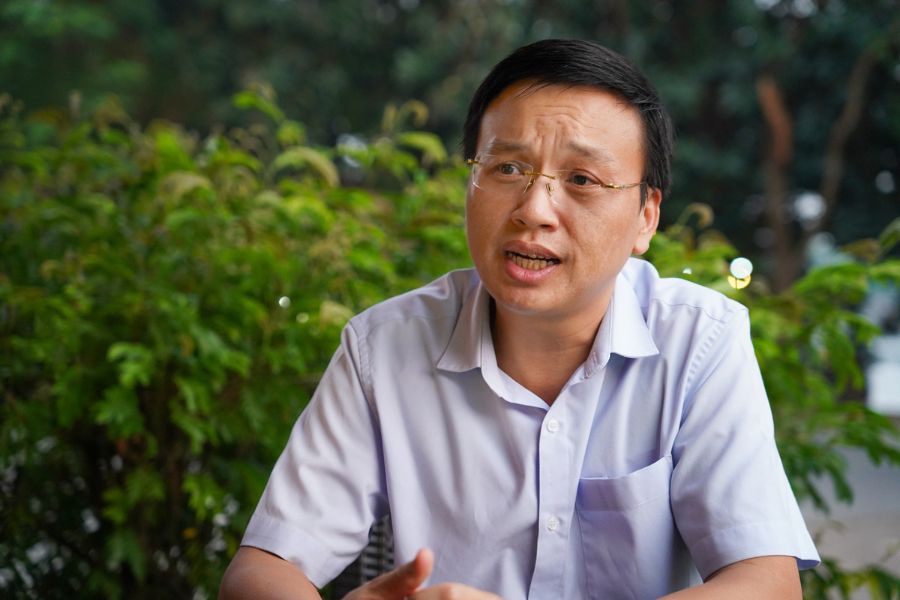The Ministry of Construction is seeking opinions on the draft Decree to replace Decree 94/2024/ND-CP on housing and real estate market information systems.
A notable point in the draft is that from 2026, individuals will have to provide information about house ownership to integrate into the national database.
According to the draft, both organizations and individuals in Vietnam and abroad must provide data including identification information (names, identification numbers, legal documents), information on owned houses such as house type, address, area, quantity, duration and form of ownership, legal status.
Speaking with Lao Dong, Prof. Dang Hung Vo - former Deputy Minister of Natural Resources and Environment (now the Ministry of Agriculture and Environment) - commented that the requirement to declare information on house and land ownership is a necessary step towards transparency in real estate management.
When there is enough data on housing area, number of residents and property value, real estate tax management and collection will become more fair and transparent, Mr. Vo emphasized.
Dr. Tran Xuan Luong - Deputy Director of the Vietnam Institute for Real Estate Market Research and Evaluation - said that declaring information about house and land ownership is necessary to serve the management and policy making work. However, currently, the Department of Natural Resources and Environment and the Land Registration Office of localities have detailed information about the land plot, land use rights and ownership of the people.
"The proposal of the Ministry of Construction requires the declaration of additional data on assets attached to land, while many of the information are in the management system of the Ministry of Agriculture and Environment. Without close coordination between ministries and branches, it is easy to lead to overlap, lack of synchronization and cause trouble for people" - Mr. Luong commented.

According to experts, lessons from many developed countries show that real estate information management is often assigned to a unified agency, responsible for collecting, updating and sharing data with ministries and branches.
In countries, they often have an independent agency that specializes in managing real estate data. Land is considered not only from the perspective of resources such as soil, geology or hydrological infrastructure but also from the perspective of socio-economics, where each square meter of land is a value unit that needs to be managed transparently" - Dr. Quang analyzed.
He said that if each ministry builds and exploits its own data - one side is about land, the other side is about constructions on land - it will be very difficult to connect and synchronize.
Land data is inherently stable, but assets on land change frequently. Therefore, there needs to be a common management agency for both land and houses, to ensure consistency in data updating and exploitation. If these two data systems are not integrated, the risk of lack of connectivity is huge, both costing State resources and causing trouble for businesses and people" - he emphasized.











